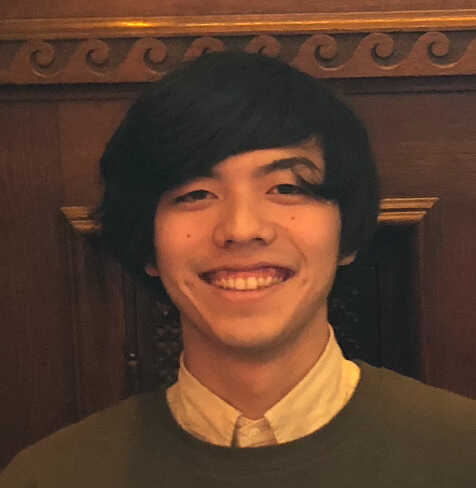People
Faculty
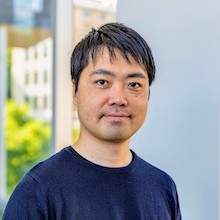
Hirokazu Shirado
Hirokazu Shirado is Assistant Professor of the Human-Computer Interaction Institute in the School of Computer Science at Carnegie Mellon University. He received his doctorate in Sociology at Yale University, where he was a member of the Yale Institute for Network Science. His reseach interests include social networks and computational social science. He is particularly committed to the experimental study of cooperative behaviors as they manifest through interactions between people located within social networks.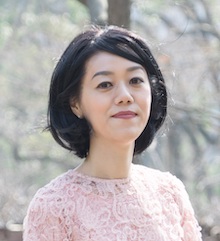
Makiko Nakamuro
Makiko Nakamuro is Professor of Policy Management at Keio University. She is an economist who has focused on economics of education. Makiko graduated from Keio University, Faculty of Environmental Information (SFC) in 1998, and then completed Masters and Ph.D. programs at Columbia University in the city of New York (in 2005 and 2010, respectively). She used to work for the Bank of Japan and the World Bank where she was given considerable hand-on training on economic research. She also worked for Tohoku University as an Assistant Professor, particularly working on the project of international migration.Speakers
Teaching Assistants
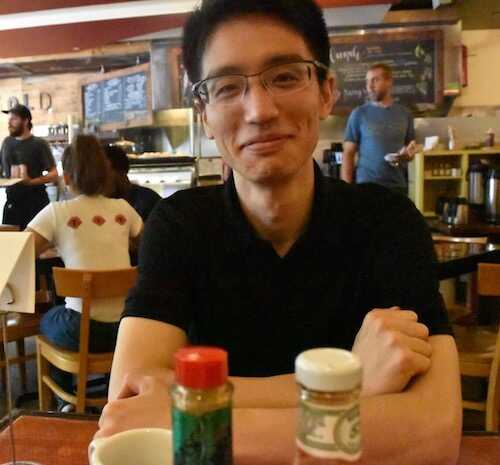
Atsushi Ueshima
Atsushi Ueshima is a postdoctoral fellow at Tohoku University. His research interests lie in the field of human group decision making. He has experience using natural language processing for conversation data analysis.Participants
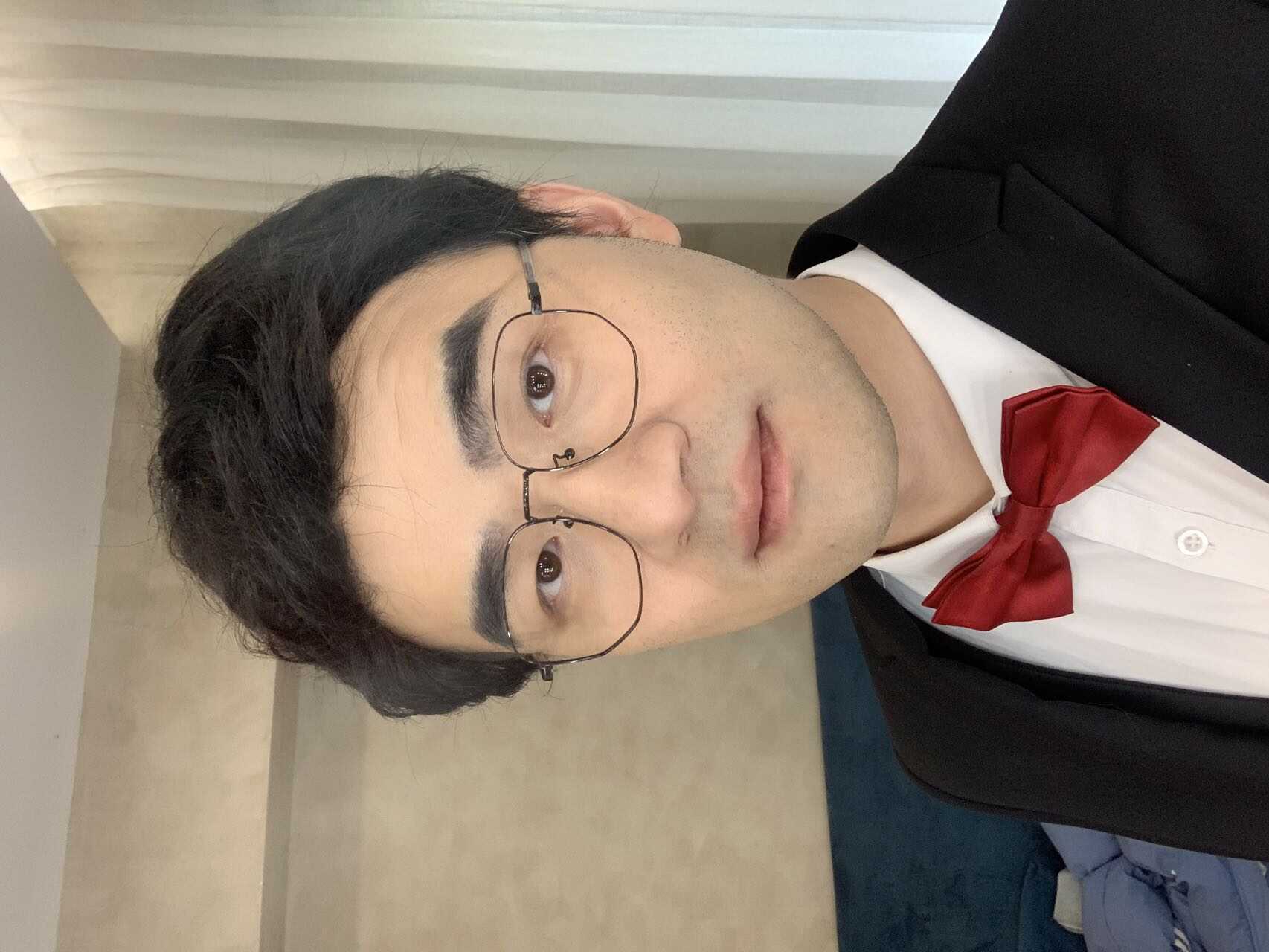
Wentao Xu
Wentao Xu is a Ph.D. candidate of Graduate School of Informatics at Nagoya University. He is the Tokai National Higher Education and Research System Interdisciplinary Frontier Next Generation Researcher and will join the Artificial Intelligence Research Institute of Zhejiang Lab in China as a post-doc. His research interests include social networks, misinformation, and developing methods for CSS research.
Neil Hwang
Neil Hwang is an Assistant Professor of Business and Information Technology at CUNY-Bronx Community College, and his research interests include network statistics, game theory with networks, and causal inference.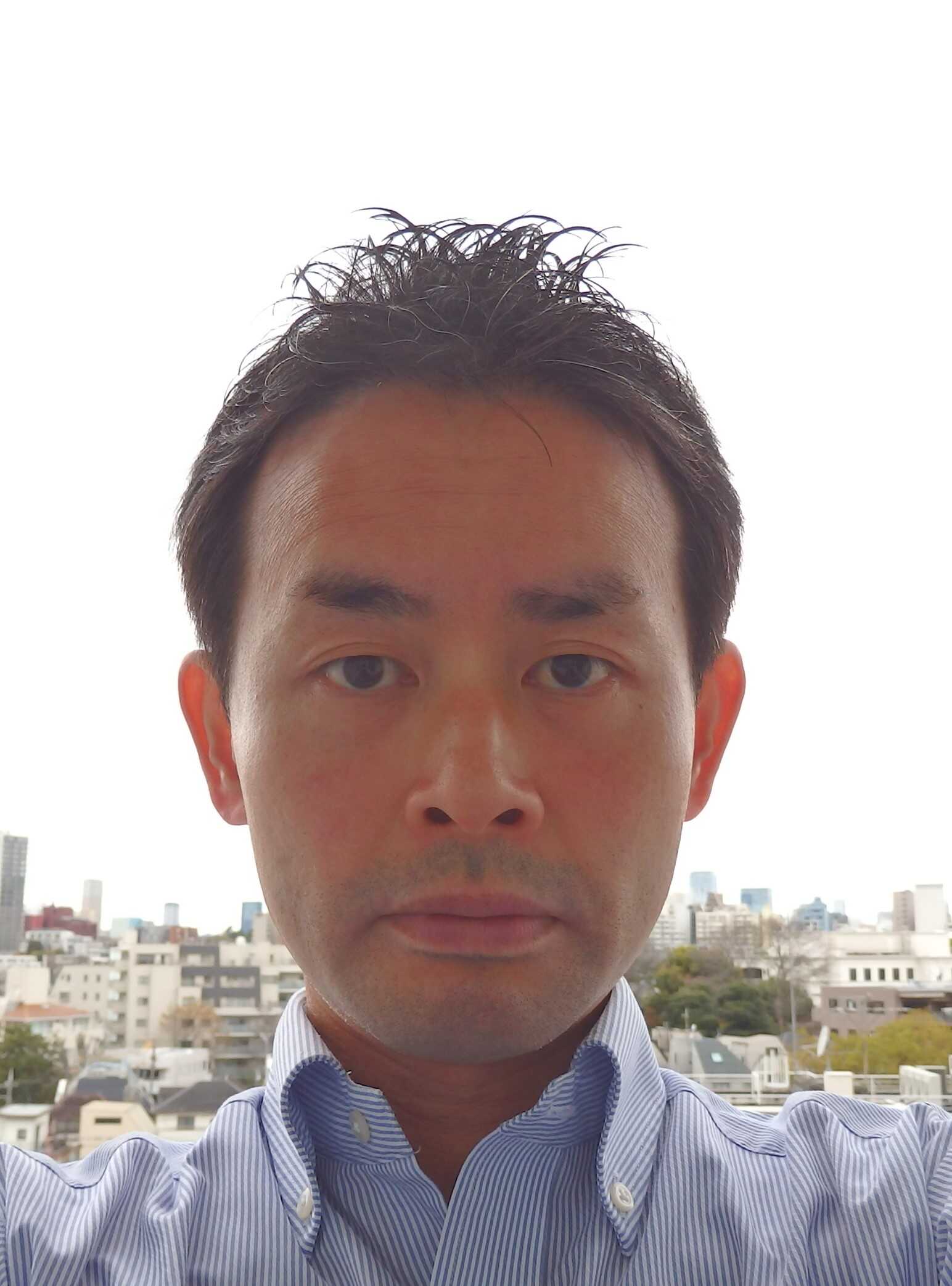
Shogo Masaya
Shogo Masaya works for an energy company, INPEX. His current interests include data processing, energy transformation and innovation. He received his Ph.D. from Delft University of Technology in applied physics.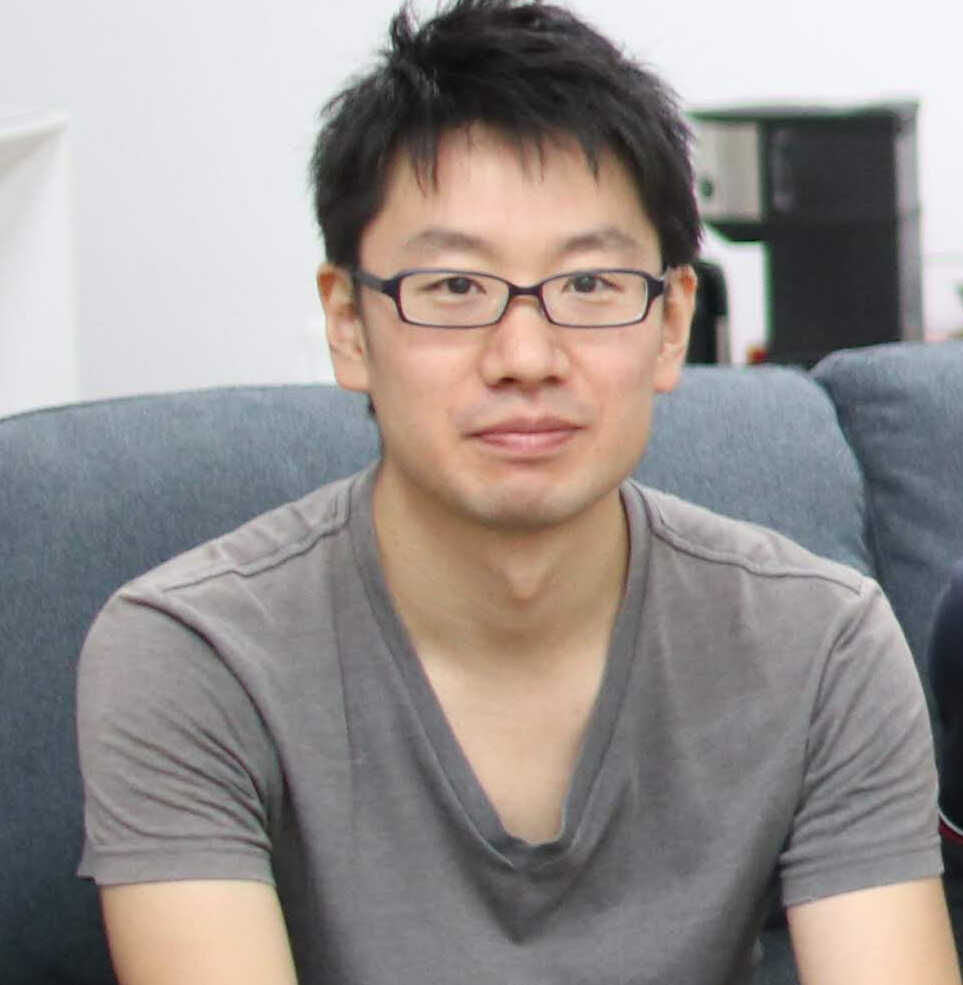
Makoto Takeuchi
Makoto Takeuchi is a PhD student at the University of Tsukuba. He works for a web company as a data scientist. His research topics include statistics of human behavior and information diffusion. He is interested in understanding the dynamics of human activities and their application to recommendation and marketing.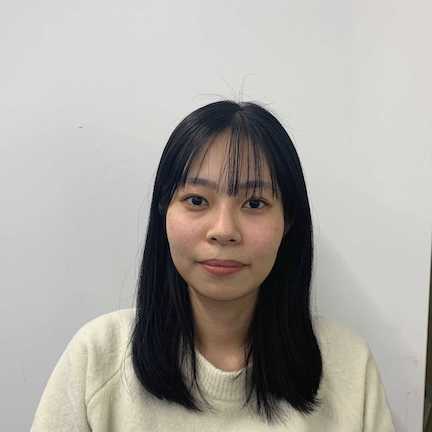
Honoka Toda
Honoka Toda works for NTT R&D, a Japanese IT company. She is interested in data science and social psychology. Her main research interests are altruistic behavior among groups and psychological factors.
Kaveh Kadkhoda Mohammadmosaferi
Kaveh Kadkhoda is an independent researcher. His present research primarily focuses on a deeper understanding of complex networks with machine learning and data mining. His career goal is to work where he can have the opportunity to conduct high-quality research while teaching and mentoring undergraduates and graduates.
Zelda Marquardt
Zelda Marquardt is a Ph.D. candidate at Kyoto University's Graduate School of Advanced Integrated Studies in Human Survivability. Her research topic is on bridging the gender gap in financial inclusion. She is currently focused on global migration and remittance networks.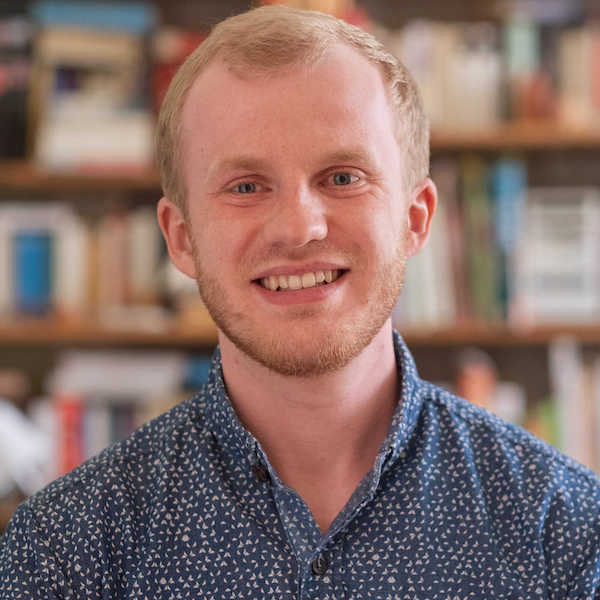
Georg Ahnert
Georg is a postgrad student at RWTH Aachen University, Germany. He is currently working on Hindu nationalism and right wing extremism during an internship at the Computational Social Science Lab, Tokyo Institute of Technology. He is also interested in ML fairness and development cooperation.
Jeehyun Park
Jeehyun Park is a Ph.D. candidate in the graduate program of Global Studies at Sophia University, Japan. Her work focuses on foreign aid and social development, especially in the health and education sectors. The current dissertation explores the role of policy evaluation in terms of improving aid effectiveness.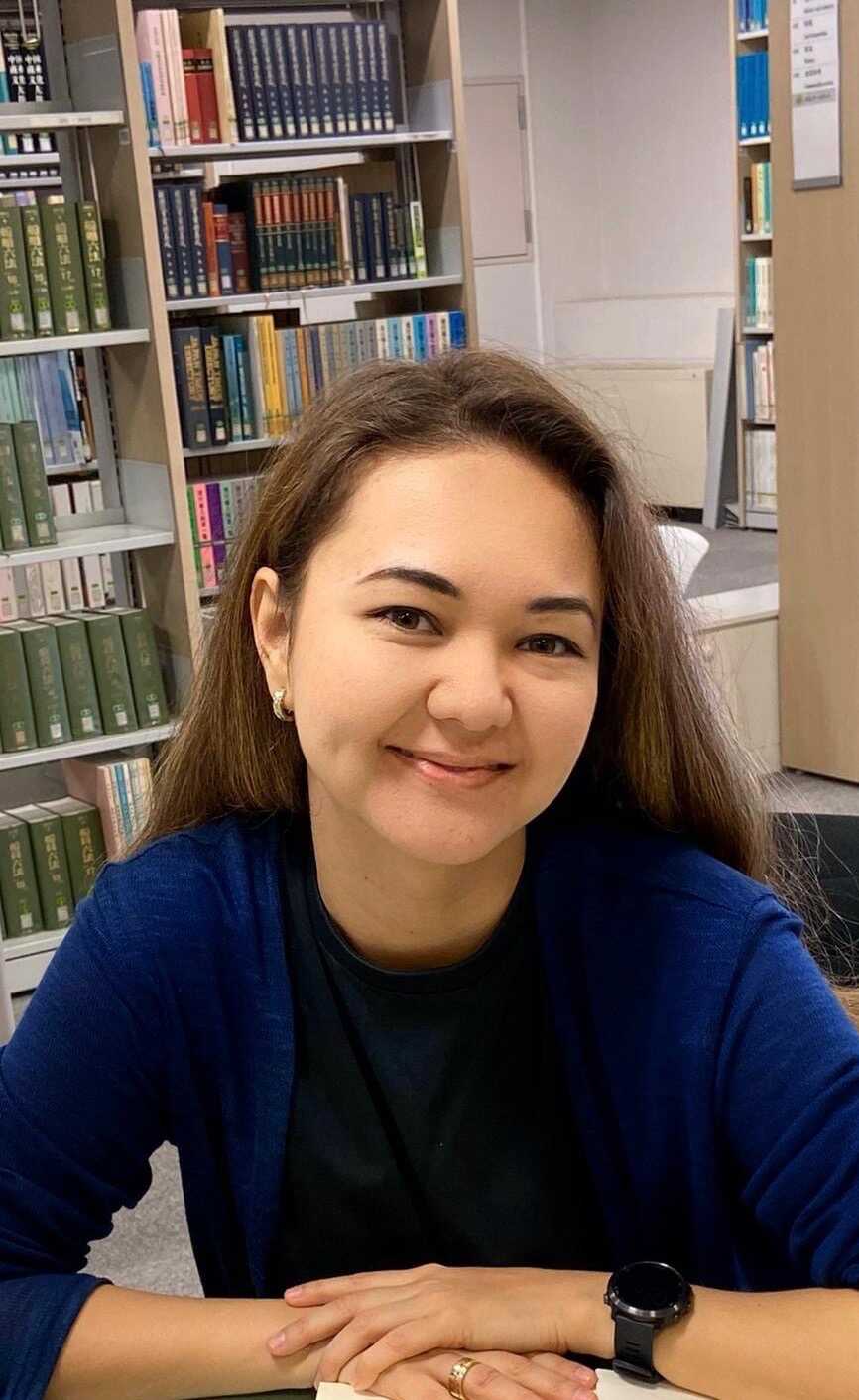
Sabina Insebayeva
Sabina Insebayeva is currently a research associate at the Asia Research Institute (Identities Cluster), National University of Singapore (NUS). Prior to this she was a researcher affiliated with the Nippon Foundation Central Asia-Japan Human Resource Development Project, University of Tsukuba, and a research fellow at the Central Asia Program of the Institute for European, Russian and Eurasian Studies (IERES), the George Washington University (GW).